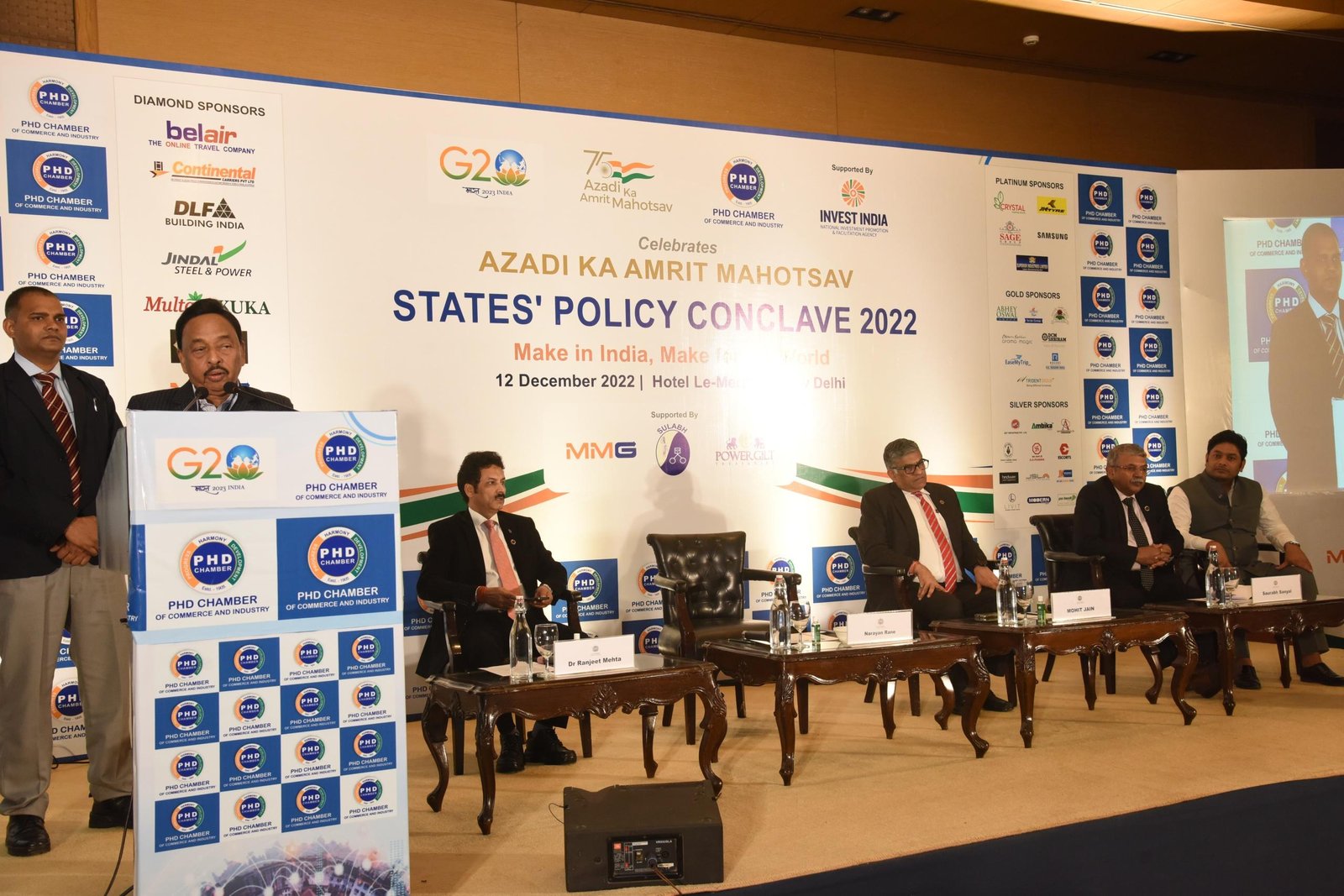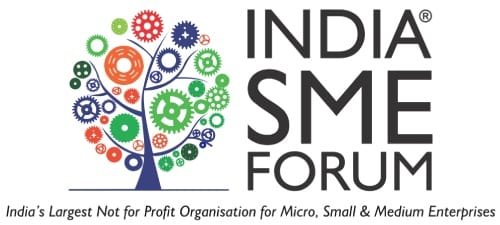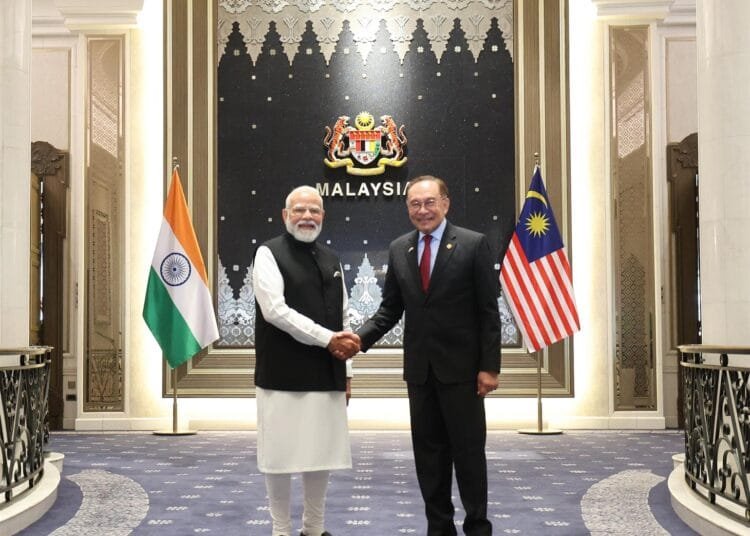Gujarat-Maharashtra lead in generating exports, says PHD
PHD Chamber of Commerce and Industry has identified 75 potential export products and markets to boost India’s merchandise exports to US$750 billion by 2027.
These products have been mapped according to the production possibilities and potential of the states, said PHDCCI President Saket Dalmia.
The study on mapping 75 potential products in the states has been released in the States’ Policy Conclave 2022 organised by PHD Chamber of Commerce and Industry in New Delhi on 13 Dec 2022.
In an analysis conducted by industry body, the states of Gujarat and Maharashtra have been observed to be strong in the exports from their respective territories. Both the leading export states account for around 47% of India’s total exports.
Karnataka holds potential of 27 products for export, followed by Maharashtra (22 products), Tamil Nadu (22 products), Gujarat (22 products) and Andhra Pradesh (13 products) Haryana (13 products), Telangana (8 product), Madhya Pradesh (8 products), Rajasthan (7 products). These states are collectively contributing more than 75% share in India’s total exports, said Dalmia.
Gujarat and Maharashtra remain leading export contributing states in the country. In 2020-21, these two states collectively contributed around 47% in total exports of India, followed by Tamil Nadu (8.3%), Karnataka (6.1%), Uttar Pradesh (5%) and Andhra Pradesh (4.6%) among others.
Exports growth of the leading export generating states was tremendous in 2021-22, with Gujarat (110%), Karnataka (72%), Odisha (68%), West Bengal (56%), and Rajasthan (46%). Export generating growth was also experienced in the same year by Delhi (9%), Andhra Pradesh (15%), Madhya Pradesh (21%), Maharashtra (26%) and Telangana (27%), noted Dalmia.
Going ahead, synchronisation of policies between centre and state Governments would go a long way to strengthen exports, build up the confidence to compete in the international markets, he added.
Decriminalisation of the minor offences along with a robust National Single Window System will enhance ease of Doing Business and ease of exports in the country, he said.
There is a need to reduce the cost of doing business with the joint efforts of the centre and state Governments such as providing land at rational prices, rationalization of the logistics costs, rationalization of the costs of energy, costs of funds and costs of the compliances, said Dalmia.
Rationalization of the Cost of doing business would create a conducive business environment and enhance the sentiments of the producers and scale up the production possibilities in the factories, he said. fiinews.com










